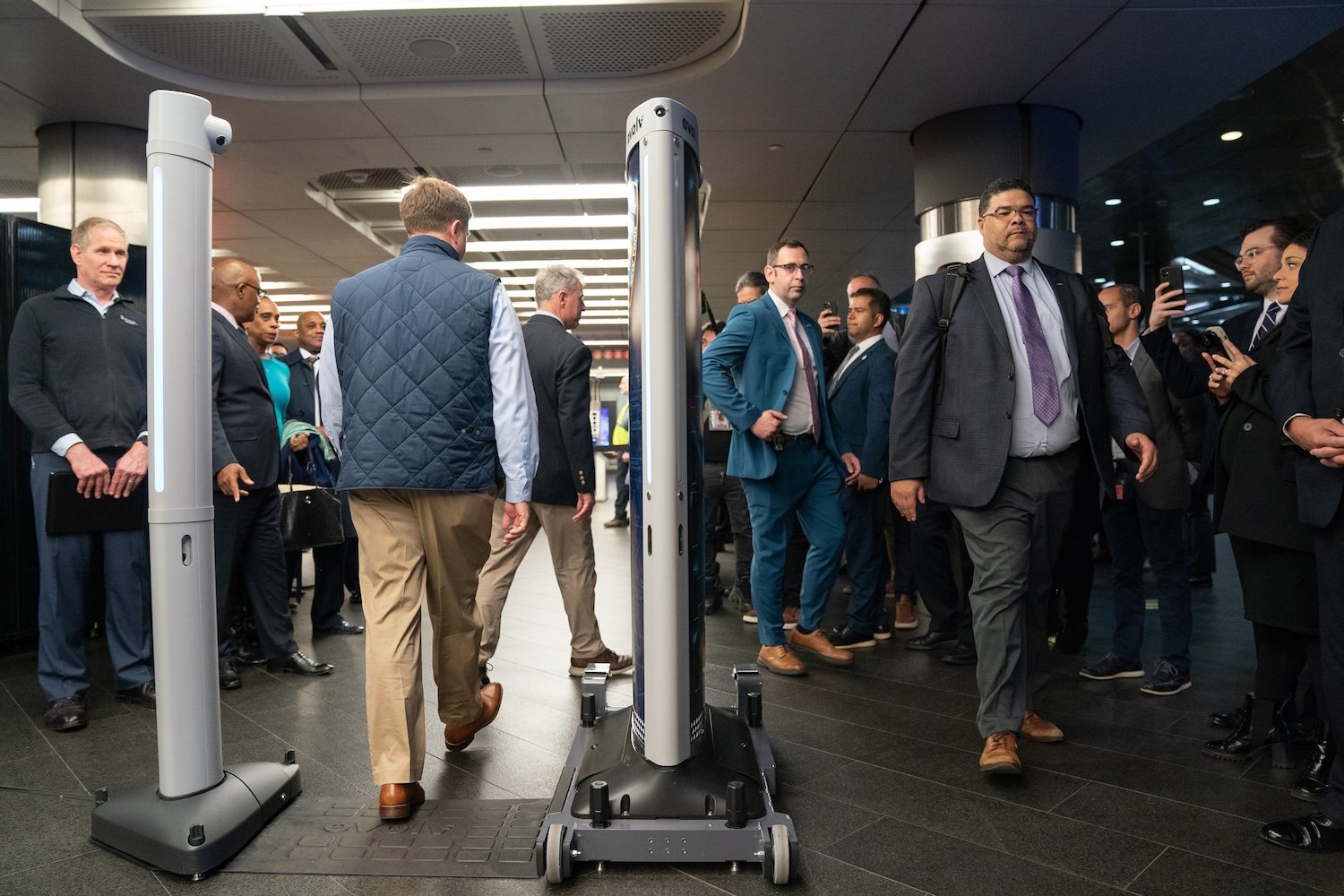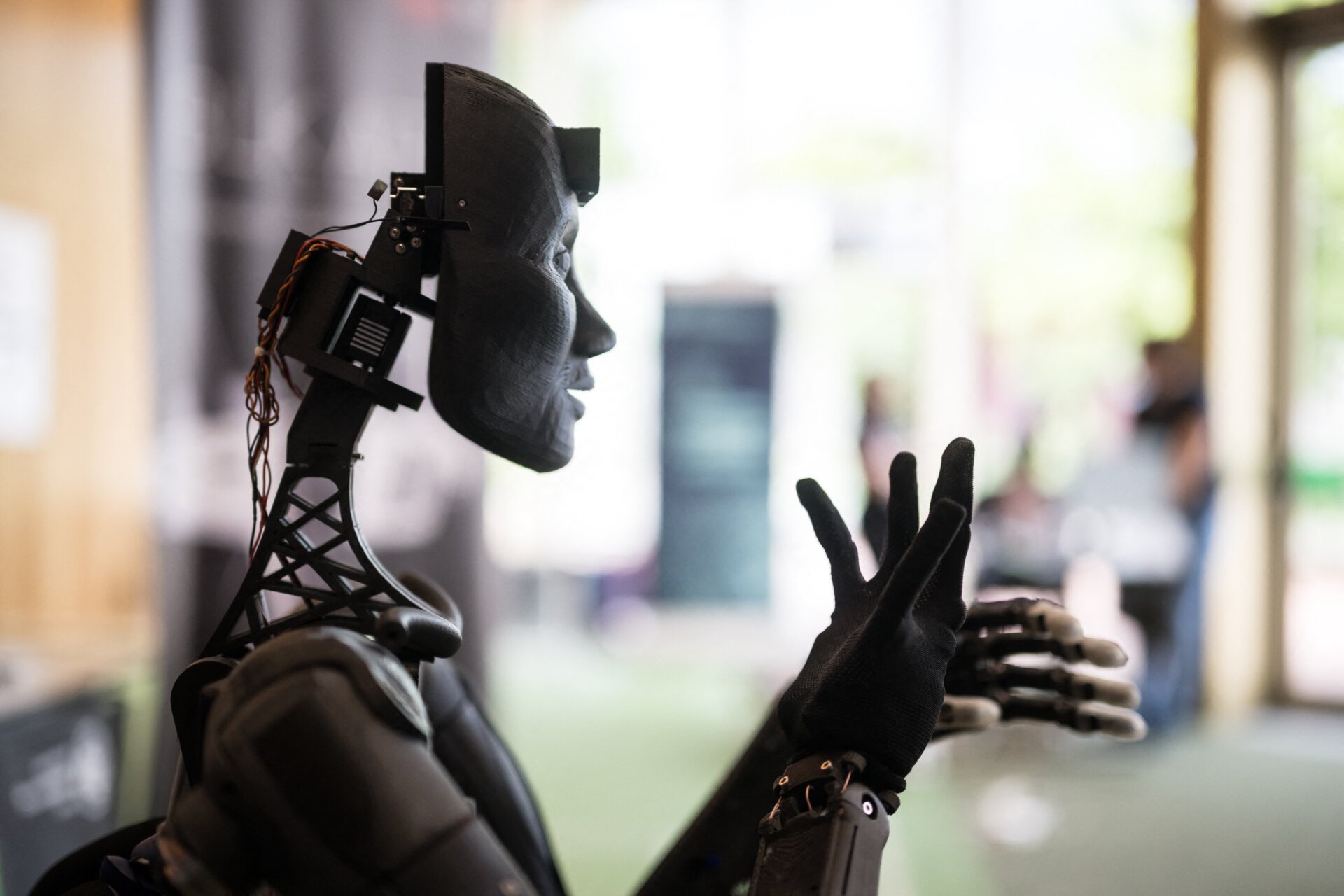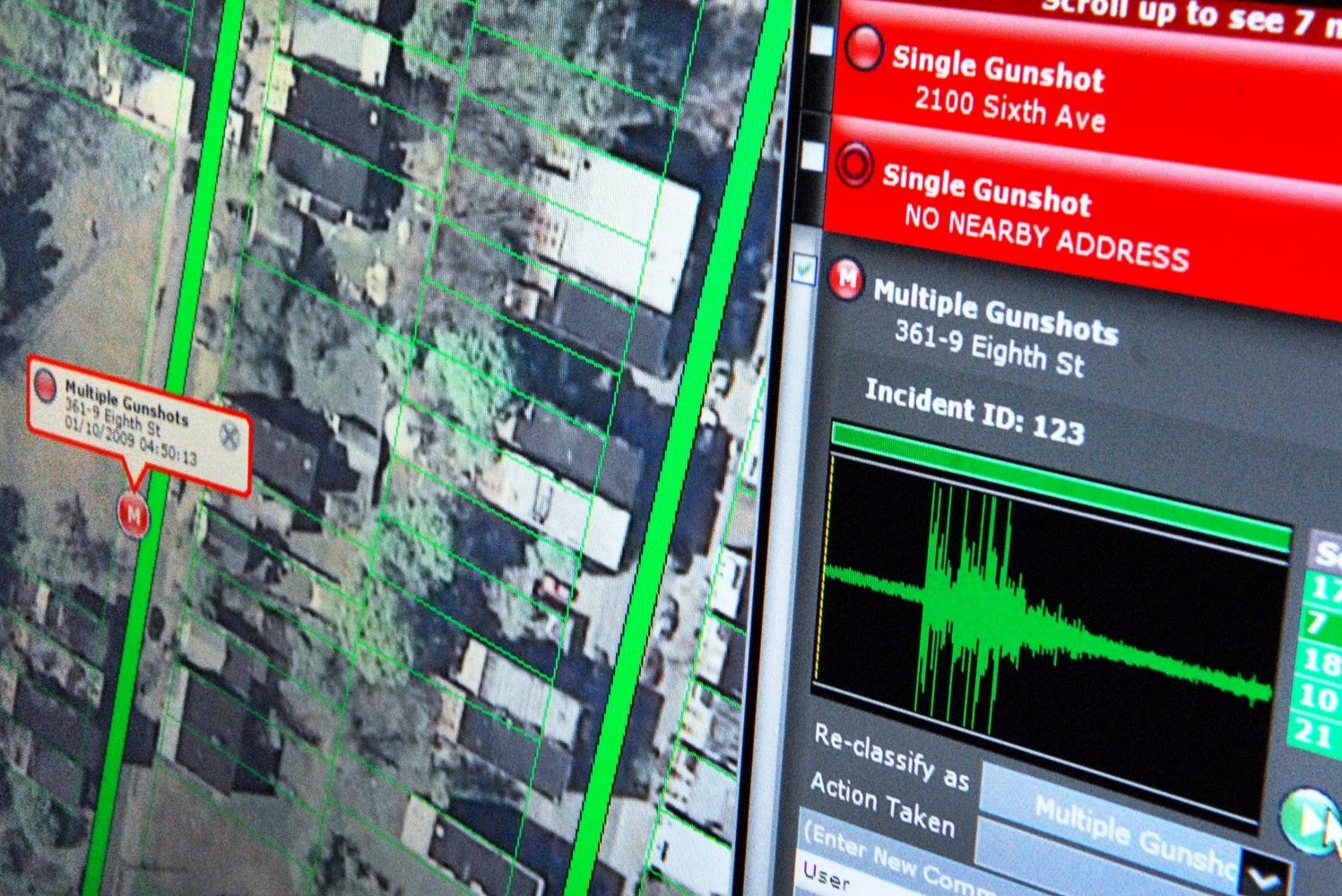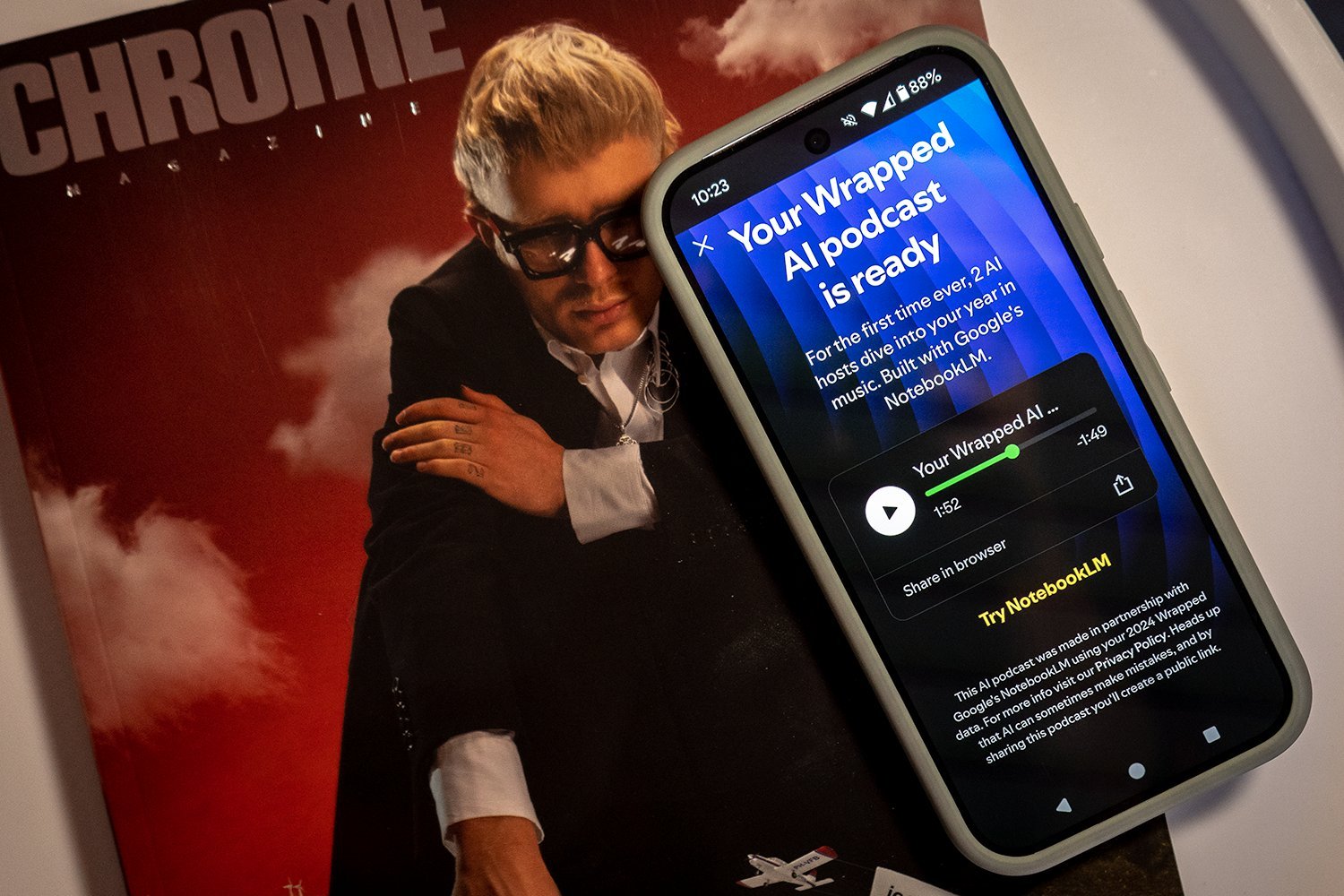Evolv Technology, the company behind the AI-powered weapons detection system Evolv Express, is facing scrutiny from the Federal Trade Commission (FTC) over claims about the system’s accuracy and effectiveness. Used in approximately 800 schools across 40 states, and notably in the New York City subway system, the Evolv Express scanners are now at the center of a legal battle regarding their advertised capabilities.
The FTC alleges that Evolv has misled customers by overstating the accuracy of its AI-powered weapons detection technology. Specifically, the agency contends that Evolv has not adequately substantiated its claims regarding the system’s ability to detect weapons while minimizing false alarms. This discrepancy between advertised capabilities and real-world performance has raised concerns, particularly given the system’s deployment in schools.
A proposed settlement order from the FTC would prohibit Evolv from making unsubstantiated claims about its products’ weapons detection capabilities using artificial intelligence. The order also mandates that certain K-12 school customers be given the option to terminate their existing contracts, which often involve multi-year commitments.
The core issue lies in the balance between security and user experience. According to the FTC, setting the Evolv Express scanners to a lower sensitivity to reduce false alarms compromises their ability to effectively detect weapons. Conversely, increasing sensitivity leads to an unacceptably high rate of false alarms, disrupting the flow of people entering a building.
Evolv maintains that its system, employing AI technology, is superior to traditional metal detectors. However, the FTC argues that this claim is primarily marketing hype. The FTC emphasizes the importance of supporting claims about technology, especially when related to children’s safety, with concrete evidence.
The FTC cited specific instances where the Evolv Express scanners failed to detect weapons. In October 2022, a student at a New York school successfully brought a 7-inch knife through the scanner. In other cases, the system failed to detect an off-duty police officer’s weapon while simultaneously triggering an alarm for a student’s lunchbox. Following the knife incident, the school increased the scanner’s sensitivity, which, according to the FTC, resulted in a 50% false alarm rate.
In response to the FTC’s actions, Evolv has issued a press release stating that they collaborated with the FTC to resolve the matter. The company emphasizes that the FTC did not challenge the fundamental effectiveness of their technology and that the resolution does not include any monetary penalties.
Evolv’s interim President and CEO, Mike Ellenbogen, stated that the inquiry focused on past marketing language, not the system’s ability to enhance security operations. He reiterated the company’s commitment to the safety of the communities they serve.
The FTC’s action against Evolv underscores the increasing scrutiny faced by companies making claims about AI capabilities. As AI technology becomes more prevalent, particularly in security applications, ensuring transparency and accuracy in marketing materials will be crucial to maintaining public trust.











